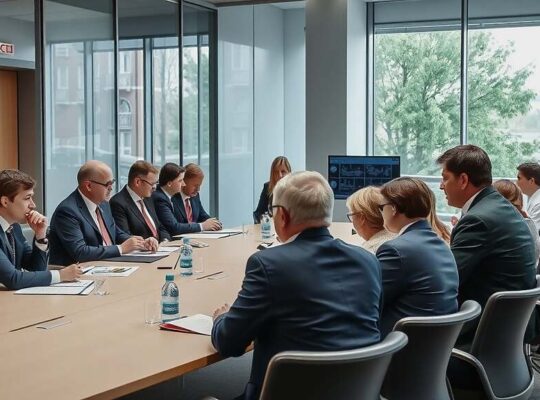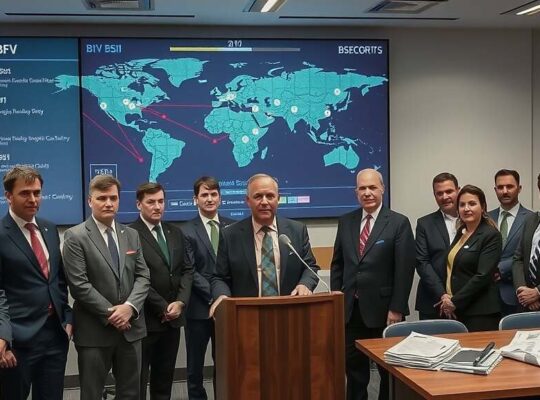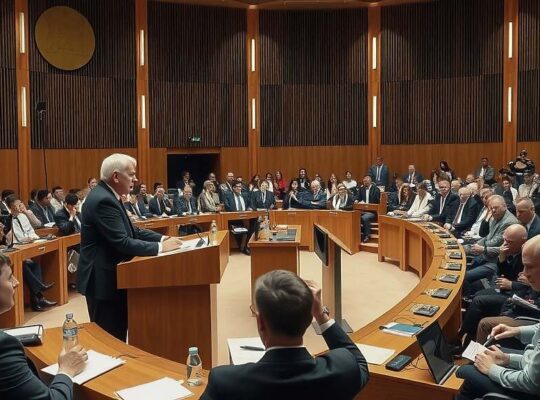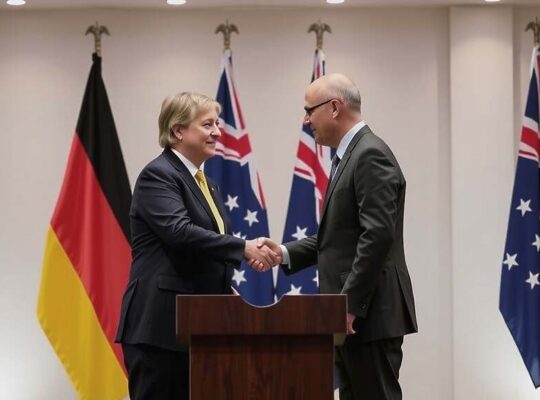The German Federal Ministry of Research is launching a significant investment in artificial intelligence aimed at revolutionizing oncological treatments. A new initiative, “AI-supported Precision Surgery in Oncology (KIOn)” will funnel approximately €17.2 million into research projects by 2028, focusing on the development of interactive AI technologies designed to enhance surgical precision in cancer procedures.
The ministry’s move seeks to leverage Germany’s acknowledged strengths in both scientific research and medical expertise. Federal Minister for Research, Dorothee Bär, framed the initiative as a crucial step towards establishing Germany as a global leader in “cancer surgery of the future” positioning AI as ushering in a “new era” for cancer treatment.
However, the unveiling of the KIOn program has already drawn scrutiny, particularly regarding the ethical implications and potential pitfalls of rapidly integrating AI into high-stakes surgical procedures. Critics argue that while the potential benefits are undeniable – including increased accuracy, reduced invasiveness and improved patient outcomes – the rush to embrace AI carries risks. Concerns have been raised about the potential for algorithmic bias, data privacy vulnerabilities and over-reliance on AI systems that could diminish human surgeons’ critical judgement and skill.
Furthermore, the initiative’s emphasis on “global leadership” raises questions about the equitable distribution of these advanced technologies. While Germany aims to set international standards, there’s an urgent need to ensure that such innovation doesn’t exacerbate existing healthcare disparities and remains accessible to patients worldwide. The program’s success will depend not only on technological advancements but also on a robust framework addressing ethical considerations, regulatory oversight and inclusive accessibility. Transparency regarding the data used to train these AI systems and the mechanisms for accountability when errors occur, will be paramount to maintaining public trust and ensuring responsible innovation in this delicate field.












